
Cucumbers (Cucumis sativus) are a staple in many American gardens, loving the warmth, sunshine, and well-drained soil. While the right neighbors can help them thrive, some plants cause more harm than good. This list breaks down the 10 worst companions for cucumbers—and why keeping them apart can make all the difference for a healthier, more productive harvest.
Potatoes
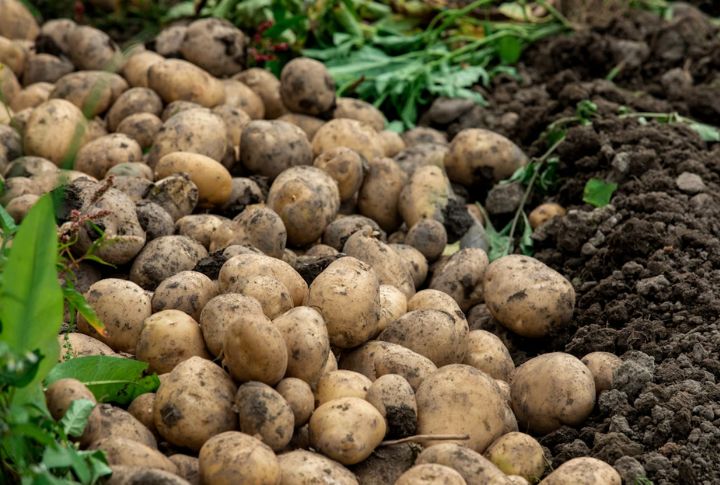
Potatoes and cucumbers attract different blights, which spread fast under moist summer conditions. Since both are heavy feeders, they end up fighting over nutrients like nitrogen. On top of that, potato vines compete mainly for nutrients and water, sometimes shading cucumbers.
Melons
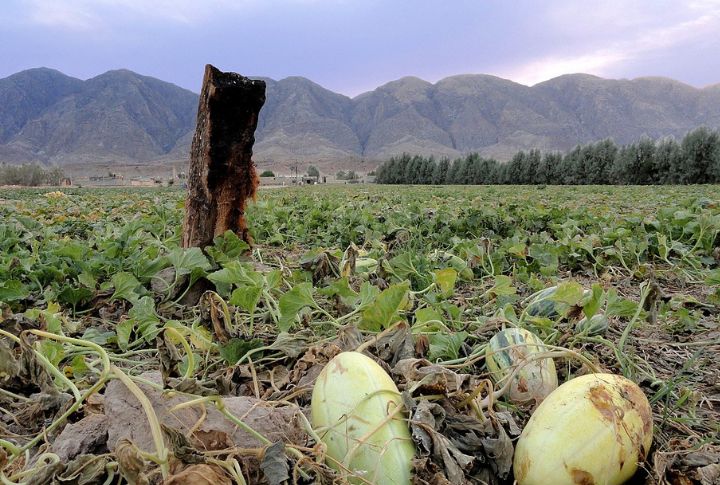
Pairing Melons with cucumbers is a bad idea. Both come from the same plant family, so they share enemies, especially cucumber beetles that carry bacterial wilt. That pest doesn’t care which vine it wrecks first. Plus, tangled growth between the two creates poor airflow, encouraging mildew.
Sage
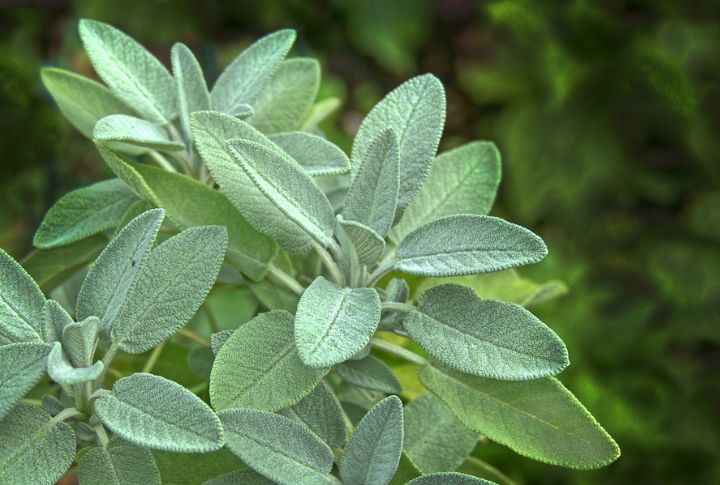
This woody herb thrives in dry, lean soil—basically the opposite of what cucumbers crave. Grouping them causes unnecessary stress for both. Although sage’s scent attracts pollinators, the mismatch in growing needs makes it a poor garden companion. Cucumber vines may also suffer reduced growth near sage’s dense root zone.
Tomatoes
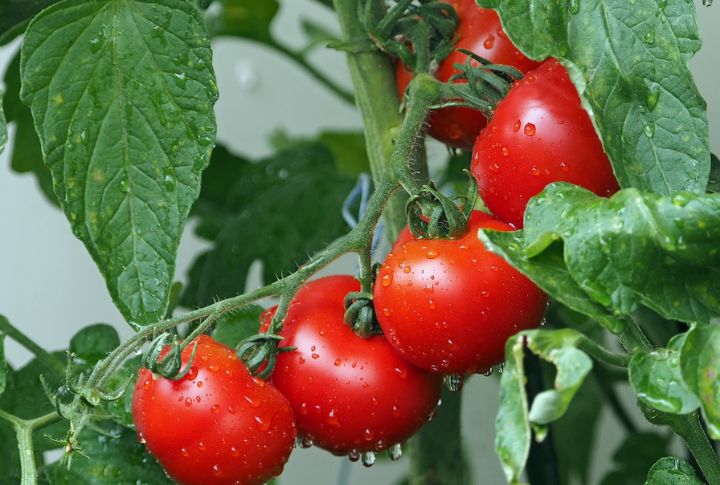
These shoot up fast and cast too much shade on the cucumbers below. Both attract whiteflies, creating double the trouble. Their roots also clash—tomatoes prefer drier soil, while cucumbers like steady moisture. Growing them side by side usually leads to stressed, underperforming plants.
Pumpkins
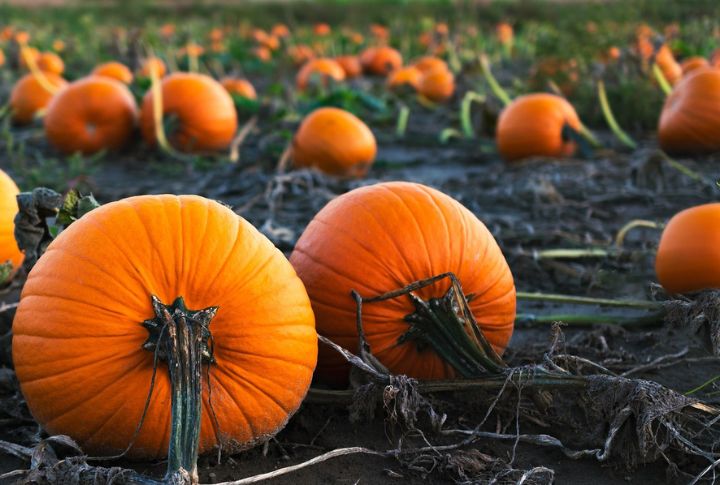
Fast-growing and sprawling, pumpkins can spread quickly over garden beds. Their vines and leaves can quickly overpower cucumber plants, blocking light and stealing nutrients. Since they’re both cucurbits, pests like squash bugs don’t discriminate between them. That’s a recipe for infestations. Separate beds with room to sprawl is the way to go.
Mint
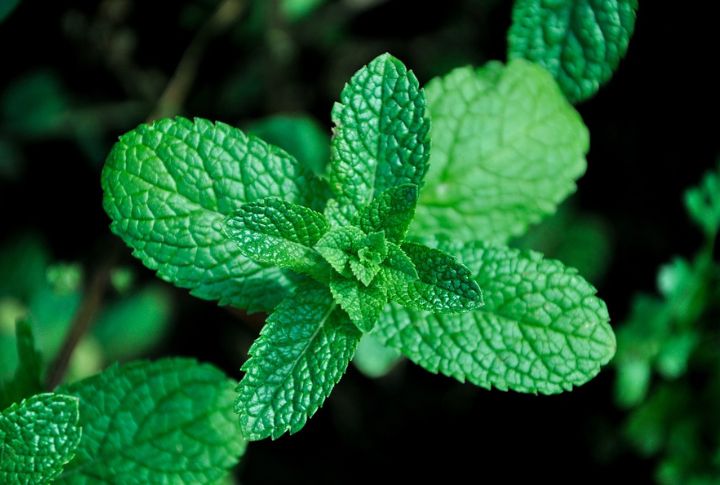
Mint might smell fresh, but it’s no friend to cucumbers in the garden. It spreads fast through underground runners, creeping into cucumber space and stealing nutrients before the vines even notice. Its love for damp soil can also mess with cucumber watering routines, leading to soggy roots.
Sunflowers
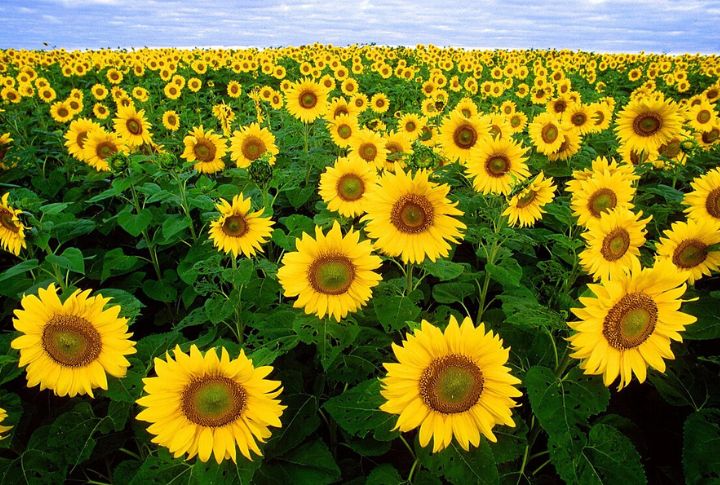
Sunflowers are allelopathic, releasing chemicals that inhibit cucumber plants’ growth. Their tall stalks also cast heavy shade, which cucumbers can’t tolerate, as they need full sun for optimal fruiting. So, place sunflowers on the garden’s edge, far from cucumbers, to avoid shading and chemical interference.
Fennel
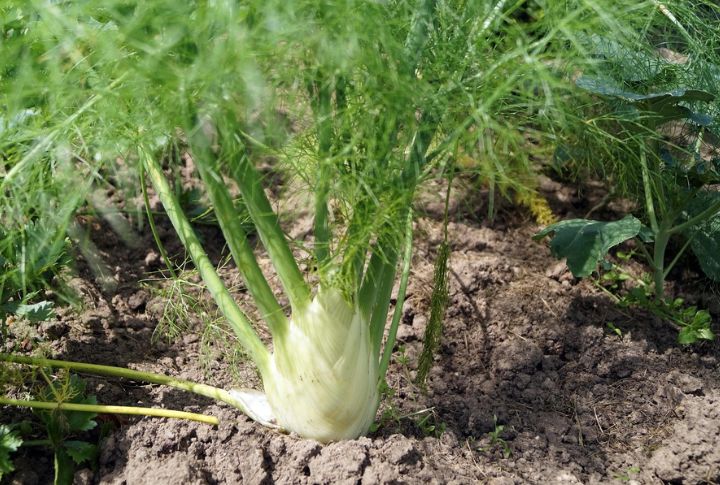
Notorious for clashing with most garden plants, fennel is no friend to cucumbers. It releases root chemicals that slow down nearby growth, often leaving cucumbers stunted. Despite its reputation for keeping pests away, fennel can draw aphids. Best to keep it potted and far from the cucumber patch.
Cauliflower
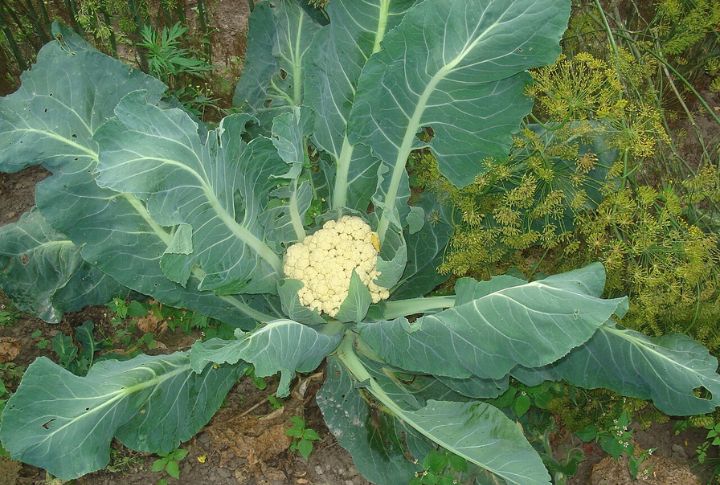
Though it seems harmless, this cruciferous veggie is greedy when it comes to soil nutrients. It pulls a lot of nitrogen and calcium, which cucumbers also depend on. Both plants attract pests like cabbage worms that can quickly move from one to the other. The mismatch in temperature needs doesn’t help either.
Zucchini
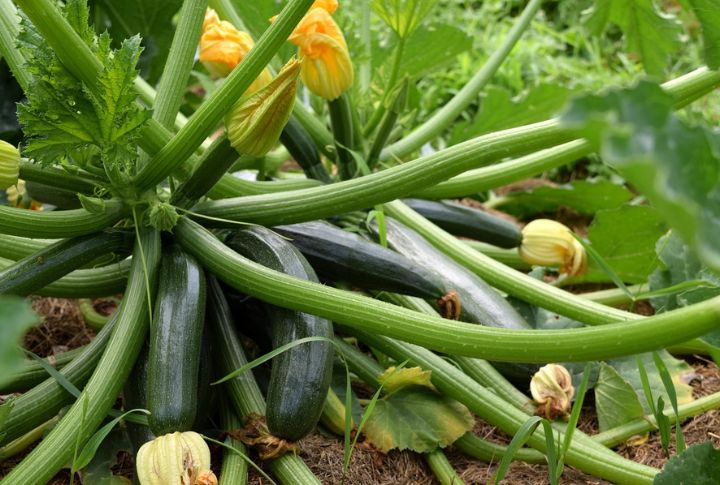
As a fellow heavy feeder, this summer squash battles cucumbers for water, nutrients, and sunlight. That would be manageable if they didn’t also share vine borers and squash bugs. One outbreak can wreck both plants. Also, the sheer size of zucchini leaves creates too much cover.

